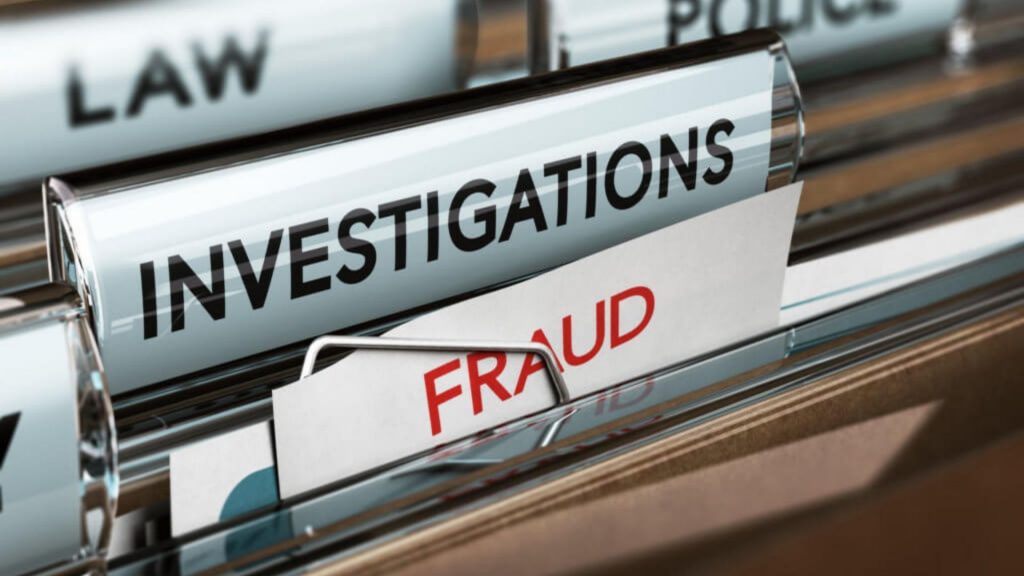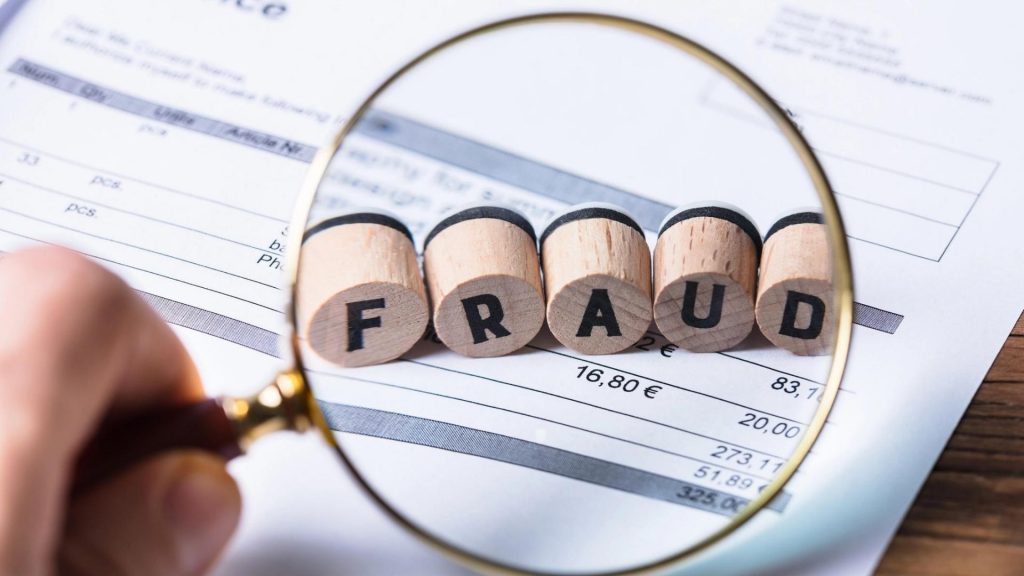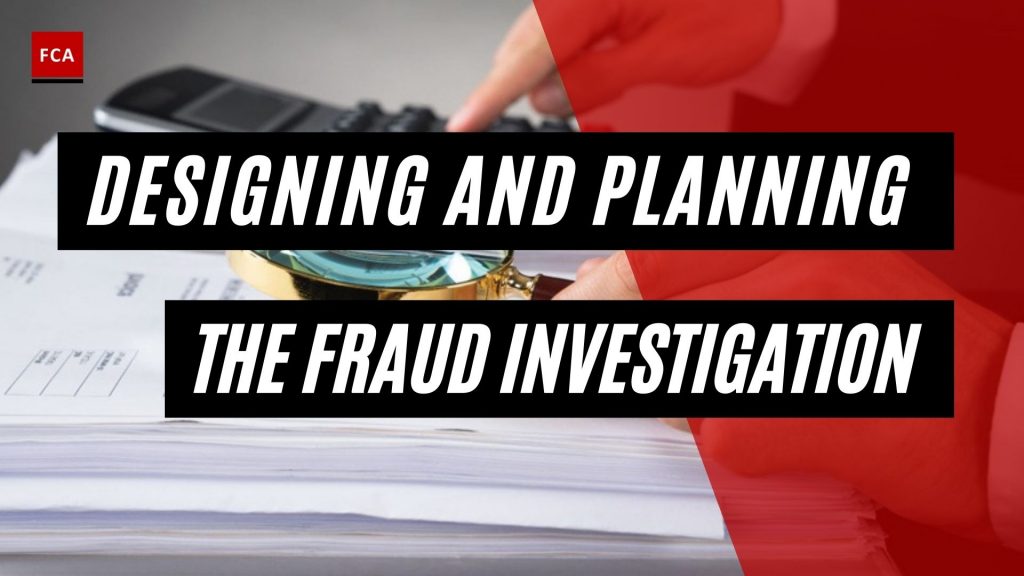The fraud investigation process requires appropriate planning at the very initial stages of the investigation. Careful planning and the right strategy may not only help in the identification of the real culprit but also recover the amounts embezzled by the suspect.
Designing And Planning Fraud Investigation
Larger-scale fraud incidents are often international where the frauds activities span over different jurisdictions. Therefore, fraud investigation planning must include elements of taking legal and investigative actions across different jurisdictions and borders. In such types of frauds where cross-border criminals are involved, the involvement of law enforcement authorities and agencies becomes necessary. The international level frauds cause significant harm to organizations and even the country. Various professionals, experts, and experienced criminals usually combine in international frauds. It becomes difficult for the fraud examiner to rightly get to the root cause and real fraudsters.

Different Countries’ Jurisdiction
Every country and jurisdiction has different laws and regulations, which are required to be complied with by the people and citizens. For international level frauds, the authorities of relevant countries should collaborate and identify the fraud trial for the identification of real culprits.
An example may be where the money launderers transfer their black money from one country to another to support the criminals in different jurisdictions. This happens with the involvement of the professionals working in the organization who combine with the money launderers to provide them access to the financial system of the organization such as banks.
To investigate the fraud case, the planning process covers various important elements such as suspect interviews, seeking legal advice, taking legal actions, and police referral.
Setting The Overall Objectives Of The Investigation
The fraud investigation process must be planned in such a way that its objectives are clear in the mind of the fraud investigation team and experts.
The objective of any fraud investigation is to identify the real culprits and recovery amounts embezzled by the criminals or fraudsters as soon as possible. Therefore, it becomes very crucial for the investigation team to appropriately plan and set the overall objectives of the whole investigation process.
Reporting Lines And The Investigation Team
The fraud investigation team comprises experts who possess qualifications and relevant experience in investigating the fraud cases, allotted to them for investigation. Usually, a company develops an in-house fraud investigation department, which is headed by a dedicated fraud investigation and reporting head. Senior management of the company provides the head of fraud with the right number of resources and authority to initiate and investigate the fraud allegation and reported cases at any level.
The fraud investigation team reports to the head of the fraud department and performs the fieldwork including fraud-related interviews, on-site and off-site monitoring, and third-party evidence gathering.
The head of the fraud department reports to the CEO of the company. He presents all the significant fraud cases to the chief and through the internal audit department, the significant cases are reported to the BAC for its review and necessary instructions.
Plan The Investigation
When designing an investigation process, many factors must be considered, such as confidentiality, legal requirements, securing evidence, ensuring objectivity, and others. Anyone in charge of supervising an investigation must have more authority than anyone involved in the allegation.
Evaluate the resources required to conduct the investigation and determine whether your internal resources can do the job adequately or objectively. If not, hire outside experts such as legal counsel, fraud investigators, external auditors, forensic accountants, HR personnel, IT personnel, and so on.

Conduct The Investigation
Set investigation tasks and assign them to the appropriate members of the investigation team. Pay close attention to any legal issues that may arise when dealing with employees and third parties, how the team will collect information, and how the investigation’s integrity will be verified.
Interviewing, gathering evidence, performing computer forensic examinations, and analyzing evidence are all common tasks. The investigation must be meticulously documented, tracked, and reported on.
Take Corrective Action
When the investigation is finished, the investigation team should report their findings to those in charge of the investigation. Additional parties, such as an audit committee, legal, regulatory, or law enforcement agencies, and insurance providers, may need to be notified of the findings.
Your organization decides and implements corrective action; however, any corrective action should be consistent across levels of employees and appropriately discussed before enforcing.
Be aware that some cases necessitate action before an investigation is completed. An insurance claim, a review of existing internal controls, an extended investigation, civil action, or a criminal referral to law enforcement are all possible corrective actions.
Final Thoughts
Dealing with fraud can be stressful, but with a well-planned, well-communicated, and proactive approach, your organization will be better able to prevent, detect, and respond to fraud in a timely manner. Don’t let yourself be caught off guard. Make sure you’re prepared if fraud occurs!









